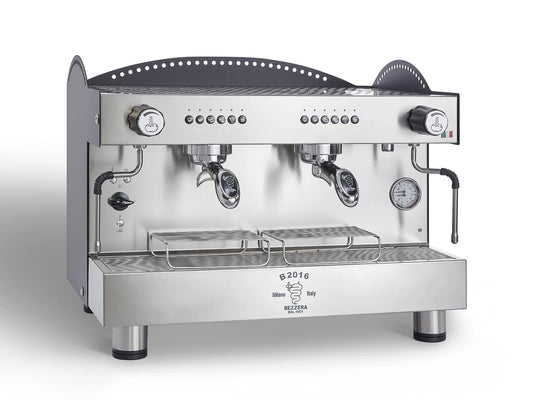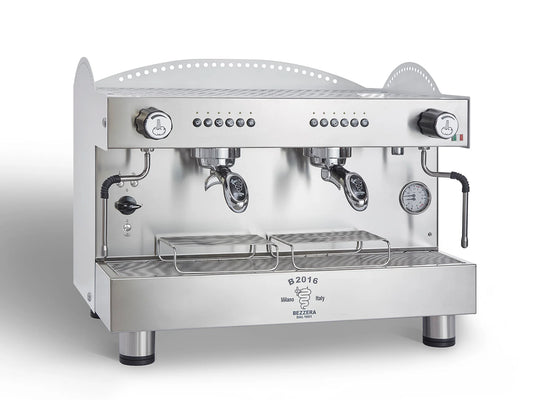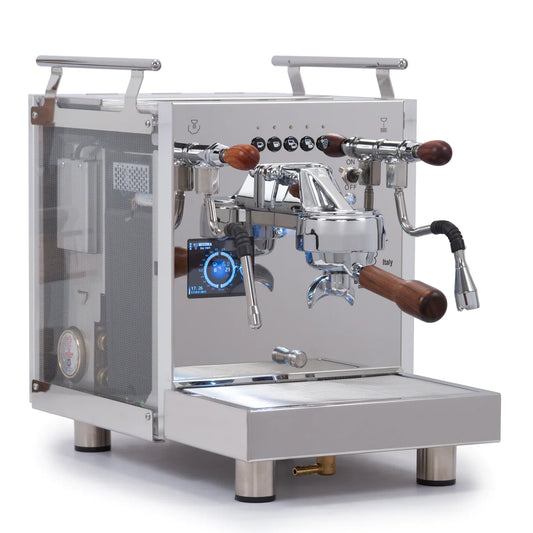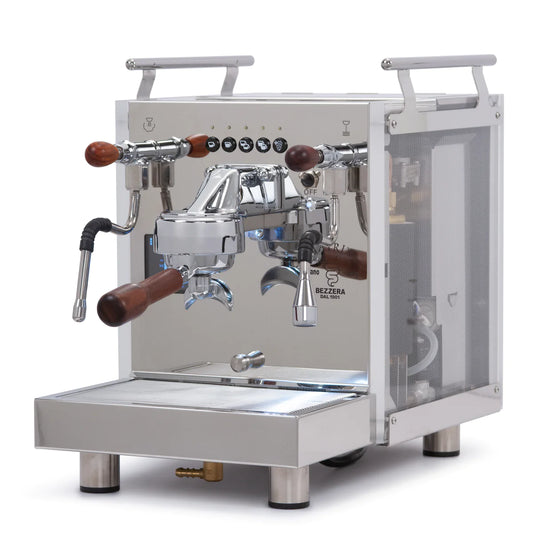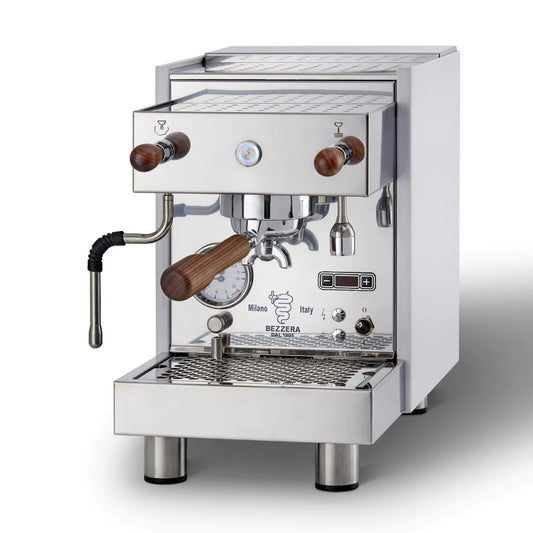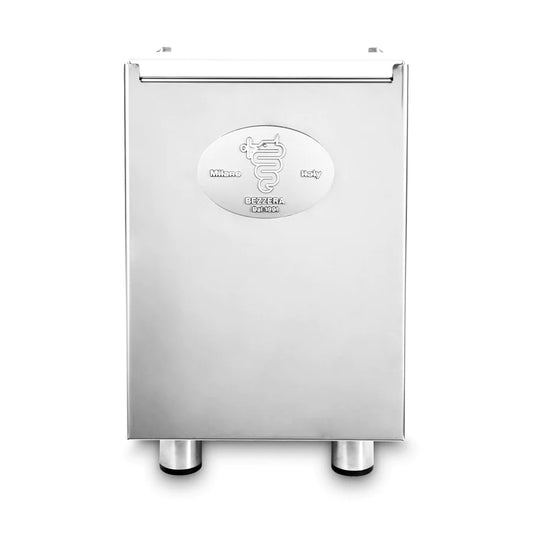J.M. Smucker Faces Profit Squeeze Amid Rising Commodity Costs and Tariffs
Table of Contents
- Key Highlights:
- Introduction
- Financial Performance: An Overview
- The Tariff Effect: A Growing Concern
- Consumer Demand: Shifting Dynamics
- Strategic Initiatives: Adapting to Challenges
- Industry-Wide Implications: A Broader Perspective
- The Future Roadmap: Prioritizing Resilience
- Conclusion
Key Highlights:
- J.M. Smucker's first-quarter profits fell short of Wall Street expectations due to increased commodity costs and tariffs.
- The company experienced a 23% rise in the cost of goods sold, resulting in a quarterly loss of $43.9 million.
- Despite immediate financial struggles, Smucker raised its annual net sales growth forecast.
Introduction
In a climate of rising costs and changing tariffs, J.M. Smucker Co., a leading name in packaged foods, has recently revealed disappointing financial results for the first quarter of its fiscal year. The Savor the Flavor brand, known for its iconic coffee line Folgers and the beloved Jif peanut butter, provides a clear case study of how external economic pressures can reshape operational profitability. As commodity prices soar and tariff adjustments create additional burden, Smucker's financial outlook reflects both broader market trends and the specific challenges faced by the food industry.
This article delves into Smucker’s latest earnings report, examines the factors contributing to its financial downturn, and explores the company's strategic response to evolving market conditions. Through a deeper understanding of these dynamics, we can better appreciate the multi-faceted challenges that companies like J.M. Smucker encounter in today’s economic landscape.
Financial Performance: An Overview
J.M. Smucker reported its first-quarter earnings on August 27, 2025, posting an adjusted profit of $1.90 per share. This figure fell short of the analysts' projections, which averaged at $1.93 per share, signaling unease among investors. The company also documented a net loss of $43.9 million on a Generally Accepted Accounting Principles (GAAP) basis. These results, characterized by declining profitability and the adverse impact of economic conditions, led to a notable decrease in Smucker's stock prices—shares dropped approximately 7% following the earnings announcement.
The financial performance can be further dissected by analyzing the company's cost of products sold, which surged by 23% to reach $1.64 billion. This increase in expenses was primarily driven by rising commodity prices, particularly for green coffee—a critical input for the company's coffee products. Such a stark rise in production costs underscores a significant challenge for packaged food manufacturers, who must navigate the complex balance between maintaining margins and setting consumer-friendly price points.
The Tariff Effect: A Growing Concern
The U.S. tariffs imposed on imports, particularly on coffee sourced from Brazil and Vietnam, have been a focal point of difficulty for Smucker. Having a heavy reliance on these international markets for its green coffee supply has left the company particularly vulnerable. The latest tariff changes, which increased the duty on Brazilian coffee from 10% to a daunting 50%, have exacerbated Smucker's cost pressures.
This tariff situation reflects a broader trend in global trade policies, where commodity-dependent companies face heightened operational costs that can impair profitability. Given that production costs have already ballooned, these increased tariffs threaten to push consumer prices higher, which in turn could lead to diminished demand for Smucker’s products.
Consumer Demand: Shifting Dynamics
As Smucker raises its prices in response to escalating costs, the immediate impact is a noticeable decline in consumer demand. The historical elasticity of demand for food products indicates that consumers may resist price increases, turning to cheaper alternatives or forgoing purchases altogether. The loss of consumer traction impacts revenue not just in the coffee segment but across Smucker’s expansive portfolio of products, including its popular Jif brand.
This predicament underscores a troubling cyclical pattern for packaged food companies: price increases can drive a reactionary decrease in demand, leading to tighter margins and shrinking sales. In Smucker's context, this dynamic represents a significant hurdle in achieving expected sales growth and invites questions about long-term brand loyalty amid fluctuations in quality and price.
Strategic Initiatives: Adapting to Challenges
Despite the setbacks reported in the first quarter, J.M. Smucker has raised its annual net sales growth forecast. The updated range now spans from 3% to 5%, a rise from the previous 2% to 4%. This optimistic outlook suggests the company is not merely surrendering to market adversities but is actively seeking new avenues for revenue and growth.
In response to the evolving landscape, companies like J.M. Smucker often explore several strategic pathways, including product innovation, enhanced marketing efforts, and streamlined operations. For instance, leveraging strong brand recognition, Smucker could focus on introducing premium product lines or value-added offerings that may command higher prices without alienating cost-sensitive customers.
Moreover, strengthening supply chain partnerships and exploring alternative sourcing routes could mitigate the risks associated with tariff increases and commodity volatility. By fostering closer ties with suppliers, Smucker could also leverage greater flexibility and improved negotiation terms.
Industry-Wide Implications: A Broader Perspective
The challenges faced by J.M. Smucker are not isolated; they reflect a broader trend impacting the food industry at large. As inflationary pressures continue to affect various sectors, packaged food companies find themselves under intense scrutiny over pricing strategies and supply chain resilience.
Grocery prices have risen steadily over the past year, driven largely by increased production costs. For many consumers, the implications are clear: higher prices can lead to difficult choices at the checkout. In many cases, shoppers pivot to alternative options, including discount brands or bulk-buying strategies.
For firms like J.M. Smucker, adapting to these consumer behaviors has become increasingly critical. Companies must find innovative ways to retain customer loyalty while also addressing concerns about affordability. This dual mandate can prove daunting, especially when navigating the intricate contours of today's economic environment.
The Future Roadmap: Prioritizing Resilience
Looking ahead, J.M. Smucker's ability to pivot in response to changing market conditions will be vital for its long-term success. Establishing resilience in both operational approaches and brand positioning could set groundwork for overcoming current challenges.
Investments in technology and data analytics can enable Smucker to better forecast demand trends and consumer preferences, effectively aligning production and marketing strategies with shifting behaviors. Emphasizing transparency around sourcing and sustainable practices may also enhance consumer trust, particularly as socially conscious shopping trends gain momentum.
Additionally, fostering innovation within its product portfolio—by launching new flavors or healthier options—can capture the interest of evolving consumer demographics. Understanding the unique needs and preferences of various customer segments is crucial in a marketplace becoming increasingly fragmented.
Conclusion
J.M. Smucker's recent earnings revelations illuminate significant market challenges aligning with heightened inflation, rising commodity costs, and tariff impacts. While the company has encountered substantial headwinds, proactive measures aimed at enhancing sales growth provide a glimpse into resilience amid adversity. As the packaged food industry at large continues to navigate an economically turbulent landscape, J.M. Smucker’s adaptability may serve as a benchmark for how brands engage with increasingly conscious consumers and manage operational volatility.
FAQ
Q: What caused J.M. Smucker's financial downturn?
A: The financial downturn is primarily attributed to rising commodity costs, particularly due to U.S. tariffs on imported green coffee, which severely impacted profitability.
Q: How is J.M. Smucker responding to consumer demand fluctuations?
A: The company has raised its annual net sales growth forecast and is exploring strategic initiatives such as product innovation and enhanced supply chain partnerships to better align with consumer preferences.
Q: What does the future hold for J.M. Smucker amidst these challenges?
A: By emphasizing resilience, transparency, and innovation, J.M. Smucker aims to overcome current market challenges while potentially capturing growth in evolving consumer demographics.

